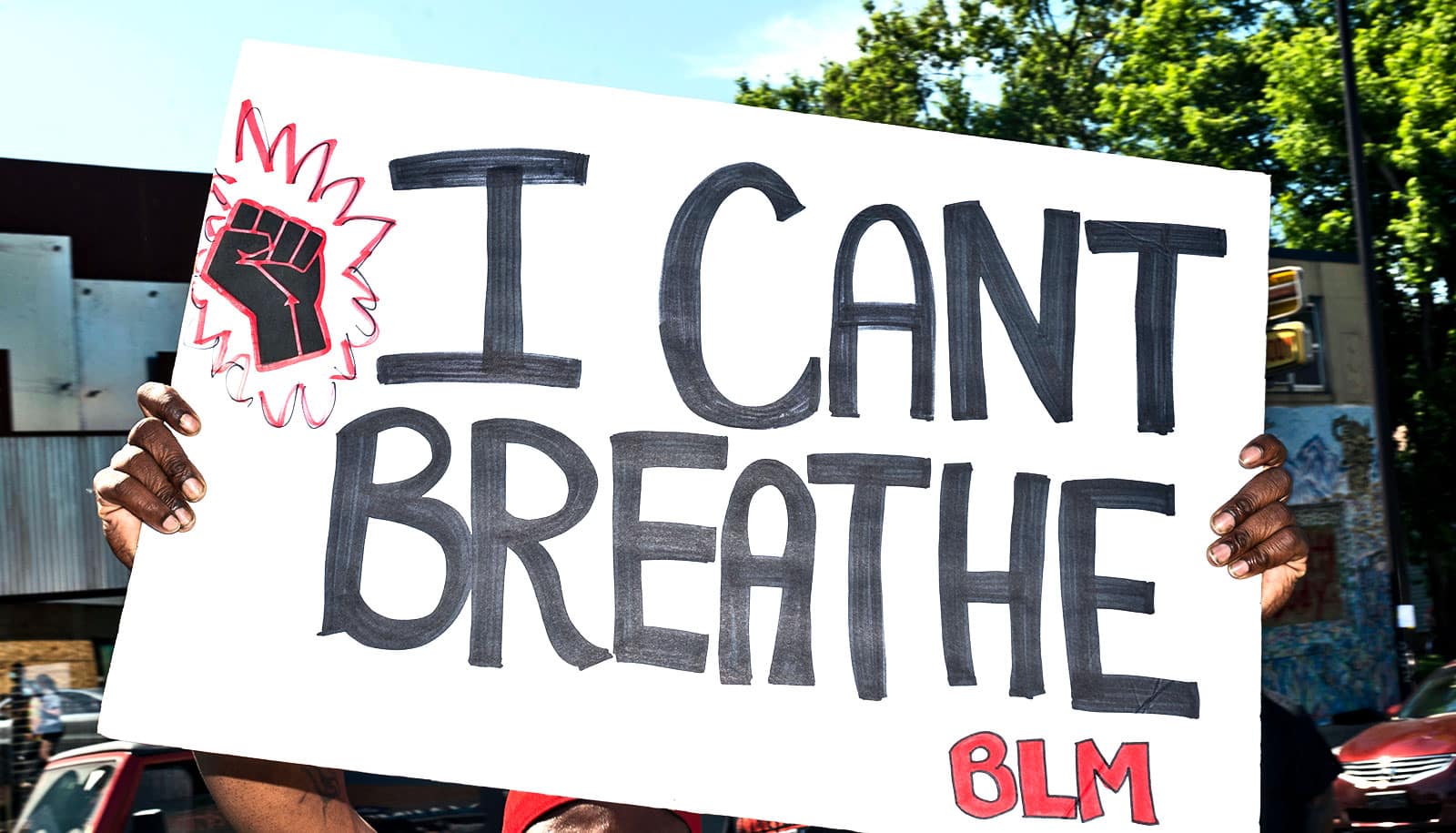Racial disparities in COVID-19 mortality in the United States are associated with social factors like income, education, and internet access, according to a new study.
The study, published in the Journal of Racial and Ethnic Health Disparities, highlights the need for public health policies that address structural racism.
The researchers investigated the association between COVID-19 cases and deaths in 2,026 US counties from January to October 2020 and social determinants of health, which can raise the risk for infection and death.
They also looked at factors known or thought to impact COVID-19 outcomes, including the counties’ population density, days since the first COVID-19 death and percent of residents who are over age 65, are smokers, or who have chronic diseases such as obesity, diabetes, chronic obstructive pulmonary disease, or high blood pressure.
The study finds that a 1 percentage point increase in a county’s percent of Black residents, uninsured adults, low birthweight infants, adults without a high school diploma, incarceration rate, and households without internet increased that county’s COVID-19 death rates during the time period they examined.
Counties that were the most deprived socioeconomically had a 67% increase in the COVID-19 death rate. Michelle DallaPiazza, lead author and an associate professor at Rutgers New Jersey Medical School, says the percent of households without internet, which provides updated knowledge of the pandemic and allows remote working and learning, and the percentage of adults without a high school diploma were the factors most associated with a county’s COVID-19 death rate.
“The findings are consistent with historical health inequities in marginalized populations, particularly Black Americans,” DallaPiazza says. “This adds to the extensive literature on racial health disparities that demonstrate that social and structural factors greatly influence health outcomes, and this is particularly true when it comes to COVID-19.”
Source: Rutgers University



